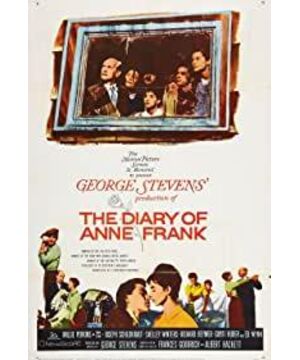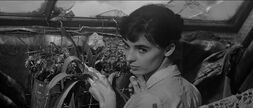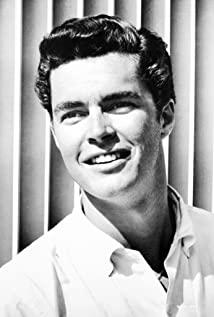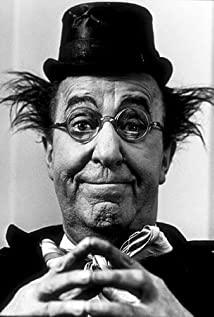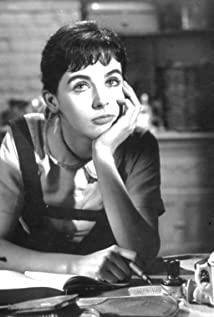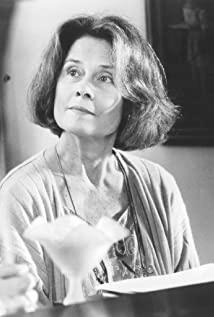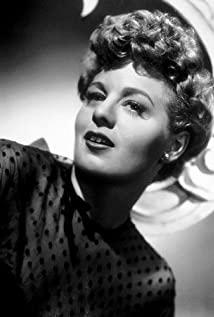Allied depictions of the war also tended to throw viewers into different traps. From an outsider's point of view, their image is often glorified in order to serve American political propaganda first and foremost. The documentary "Five Returns" tells how director Stevens ran into another problem at work, and an even deeper regret. While he knew his role from propagandist to evidence-gatherer (his film was to be screened at the Nuremberg trials), he couldn't accept and didn't shoot the violent scenes under the gaze of the camera. Capturing the breath of death and decay that pervades these camps takes a lot of courage and a price. As Harris points out, in contrast to other American filmmakers, Stevens has only attempted one war film after this experience: 1959's The Diary of Anne Frank. The film's perspective and perspective are very different from those of other directors of the period, such as those concerned with war or veterans. Despite its flaws, the film seems to be looking for the unfathomable and elusive: the unseen fate of the protagonist is a horrific imagination, not reality. This raises another question: What stories do liberation-themed films tell? Much debate revolves around the use of these archival images, and what they ultimately represent. For example, are individual photos meant to describe isolated incidents within the Holocaust or the Holocaust as a whole? Are eyewitness accounts the most effective way to capture violence?
Since then, these archival images have proliferated in literary and artistic works—not just as objects of use in documentaries, but also in fictional narratives. Susan Sontag ( 1933-2004, American art critic) believed that the constant reproduction of such pictures and other violent images would become the norm. Although not everyone agrees with this view. It is worth noting that Jacques Rancière (1940, French philosopher) pointed out in his academic book The Emancipated Spectator (The Emancipated Spectator) published in 2010 that the media filters the Actual brutality, but the way these archival images have been used over the past few decades does create an unpleasant familiarity that they've been reused so many times that they lose some tension.
Welcome to my WeChat public account: ABAGo
View more about The Diary of Anne Frank reviews


